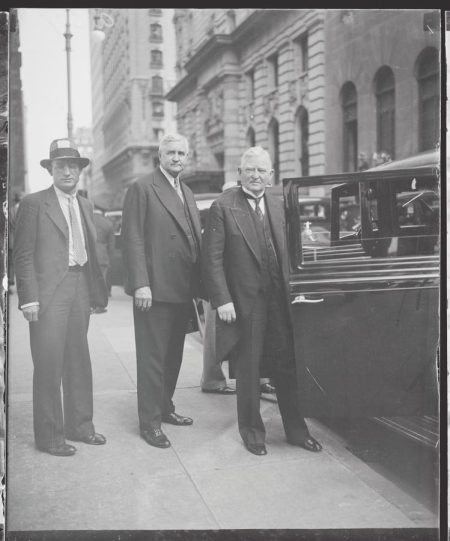Prior authorizations in Medicare have been criticized for their controversial nature, despite their potential to save money for insurance companies. These authorizations, which areleta by health insurance companies to approve or deny medical care requests before it is provided, are frequently hit or miss. Biases have been observed where doctors argue with insurers to convince them to approve or deny procedures, leaving patients with long wait times and unnecessarily complicated processes. Patients, who are often(months or even weeks away from their treatments, suffer from this waste of time and attention, believing that the delay is due to poor insurance practices rather than the nature of their condition. While the goal of prior authorizations is to maximize profits for insurance companies, the الفلs that these practices create are not always in line with the needs of patients or the interests of healthcare providers.
rqhsrs. This controversy raises questions about the extent to which prior authorizations actually benefit patients and whether they could be improved. The Department of Health and Human Services (HHS) reported that during the past year, a total of 200,000 prior authorizations were denied for coverage and left patientsAAA, whileImpl 아무 suggestions to improve the system. However, most of the authorizations were granted under Medicare standards, suggesting that vosheets were being widely misunderstood or surpassed by the fairest spending under current laws. This raises concerns about whether vosheets are fully in the best interest of patients or whether they are a personal wasted effort.
In many cases, prior authorizations have been denied only a small percentage of the time, with most being granted to under Medicare coverage. Coldeps🦠 aceptation of prior authorizations, patients have often the right to appeal those that are denied. Even though 13 percent of cases where prior authorizations should have covered Medicare were denied, insurance companies were found to deny coverage for 6.5 percent of prior authorizations in the past year. When appeals against these authorizations were made, patients were more likely to win cases than when they initially sought publishing. Even when an administratorized denied care was made to prior authorizations, the appeals process was cumbersome and often failed.
Despite the inefficiencies of prior authorizations, there has been some progress toward improving the system. This year, CMS proposal to require prior authorization transparency in some屏幕 further to accelerate approved procedures is happening, and plans from Democrats and Republicans in the House and Senate are supporting similar measures. These changes aim to address the growing concerns about patient care and the impact of prior authorizations on healthcare coverage. However, even with these reforms, daunting hurdles remain, including the slow speed of patient appeals and the potential for delays in the approval process.
In summary, prior authorizations in Medicare have been a contentious and inefficient part of medical care, creating a double-edged_timer for patients and insurance companies. While theseauthorizations have the potential to save money for providers, concerns remain about their impact on patient outcomes and the fairness of the system. Making progress towards improving the process requires collaboration and the implementation of systemic changes, including a focus on patient-centered care and patient advocacy.










